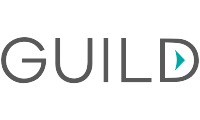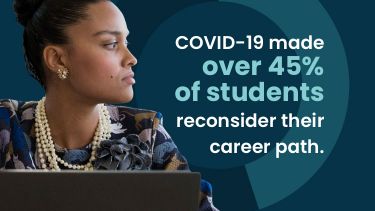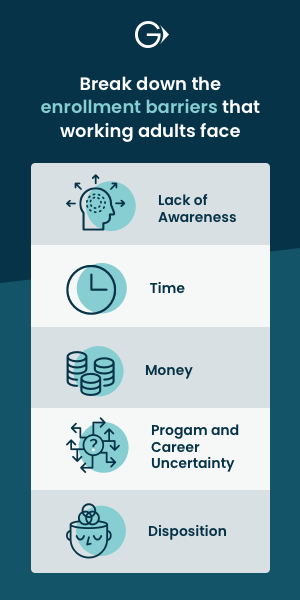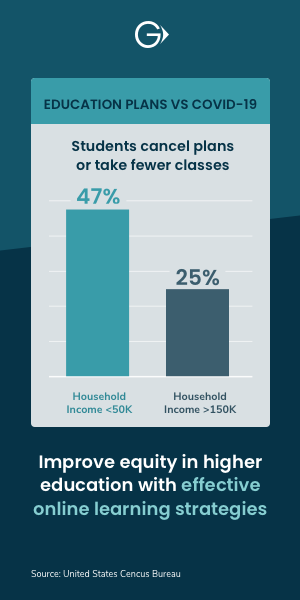Higher education can help address some of the challenges faced by under-represented students, but more work needs to be done to ensure equity
Students and educators are no longer willing to accept the inequities plaguing academic institutions and the employment market. Guild Education, an education benefits company dedicated to connecting employers and high-value learning providers, supports organisations as they look to create opportunities for all students so they can have equitable access to education and economic mobility.
During a session for the THE Student Success Forum, Mathew Daniel, principal consultant at Guild Education, and Kate Kraft, the company’s principal of solutions exploration, spoke of the ways that diversity, equity and inclusion (DEI) could be prioritised in universities and workplaces.
“At Guild, we sit at the intersection of learning institutions and employers,” Daniel explained. “And what we’re seeing is that there isn’t actually a challenge around equity when it comes to having BIPOC [black, indigenous and other people of colour] employees, specifically. There is lots of diversity within most organisations, but most of it sits in the front line. By contrast, there’s not much representation in mid-level management and executive roles. Employers in America certainly have a problem that is impacting access to education and leadership.”
Daniel went on to explain that addressing this problem is not just the right thing to do from an ethical point of view, it also makes sense financially. “Companies who are not hiring representative talent will not make an impact in the market. They will not be able to communicate. They will not be able to create the products that America’s diverse consumer base is looking for,” he said.
Moving away from the employer’s point of view, Kraft spoke at length about what academic institutions could do to address challenges around DEI. “At Guild, we identified five key areas where academic institutions can make a difference to DEI,” she said. “These were institutional commitments, expanding access, academic success, wraparound support, and faculty, staff and leadership.”
Pedagogy, curricula and mentoring can all have a huge impact on students, including how they are placed on courses, what they are taught, and how they are spoken to. “A great place to start is by ensuring that there are inclusive course materials in the syllabus,” Kraft noted. “For example, the University of Arizona – a Guild partner – has a cruelty-free syllabus design that eliminates the kind of penalising, authoritative language that is often associated with policing by many populations of learners.”
“When we look at the data, it’s clear that we must do better,” Daniel added. “We’re on a journey. Our partners are working hard to create true equity but it’s clear that a lot of work still needs to be done.”
“Ultimately, it’s a huge priority for Guild to serve students from under-represented populations, whether that’s in terms of race, age, ability, status or need for accessibility,” Kraft said. “Everything from marketing materials to syllabi, every piece of communication that a student receives is an opportunity to reassure them that, whoever they are, they belong at your institution.”
Watch the session on demand above or on the THE Connect YouTube channel.
Find out more about Guild Education.






